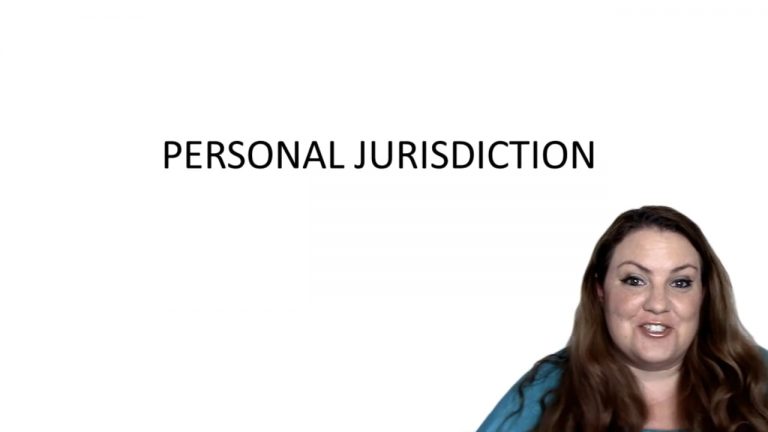SmartBrief
Confirm favorite deletion?
Civil Procedure Keyed to Subrin
Walden v. Fiore
Citation:
134 S. Ct. 1115 (2014)Facts
Plaintiffs were detained at an airport in Puerto Rico by TSA agents. The TSA agents discovered nearly $97,000 in cash in one of Plaintiff Fiore’s carry-on bags. Plaintiffs explained that they were professional gamblers and had won the money at a San Juan casino. Plaintiffs were subsequently cleared for departure to Atlanta, Georgia, but law-enforcement officials in San Juan alerted a Drug Enforcement Administration (DEA) task force at the Atlanta airport to Plaintiffs’ impending arrival. Upon the plaintiffs’ arrival in Atlanta, Defendant and the task force approached Plaintiffs, questioned them about the source of the money, and used a drug-sniffing dog on Plaintiff Fiore’s bag. Although the dog did not find any narcotics on Plaintiff Fiore’s bag, Defendant seized the cash despite Plaintiff Fiore’s gambling explanation. Eventually, the money was returned to Plaintiffs. Plaintiffs filed suit against Defendant in federal district court in Nevada, seeking damages pursuant to Bivens v. Six Unknown Federal Narcotics Agents, 403 U.S. 388 (1971). Plaintiffs alleged that after they returned to their Nevada residence, Defendant helped draft a false probable cause affidavit in support of the funds’ forfeiture and forwarded it to a United States Attorney’s Office in Georgia. In the end, no forfeiture complaint was filed, and Plaintiffs’ funds were returned. The district court granted Defendant’s motion to dismiss the complaint on the ground that the court did not have personal jurisdiction over Defendant. Plaintiffs appealed. A divided panel of the court of appeals reversed. The United States Supreme Court granted certiorari to review.
Only StudyBuddy Pro offers the complete Case Brief Anatomy*
Access the most important case brief elements for optimal case understanding.
*Case Brief Anatomy includes: Brief Prologue, Complete Case Brief, Brief Epilogue
- The Brief Prologue provides necessary case brief introductory information and includes:
Topic:
Identifies the topic of law and where this case fits within your course outline.Parties:
Identifies the cast of characters involved in the case.Procedural Posture & History:
Shares the case history with how lower courts have ruled on the matter.Case Key Terms, Acts, Doctrines, etc.:
A case specific Legal Term Dictionary.Case Doctrines, Acts, Statutes, Amendments and Treatises:
Identifies and Defines Legal Authority used in this case.
- The Case Brief is the complete case summarized and authored in the traditional Law School I.R.A.C. format. The Pro case brief includes:
Brief Facts:
A Synopsis of the Facts of the case.Rule of Law:
Identifies the Legal Principle the Court used in deciding the case.Facts:
What are the factual circumstances that gave rise to the civil or criminal case? What is the relationship of the Parties that are involved in the case.Issue(s):
Lists the Questions of Law that are raised by the Facts of the case.Holding:
Shares the Court's answer to the legal questions raised in the issue.Concurring / Dissenting Opinions:
Includes valuable concurring or dissenting opinions and their key points.Reasoning and Analysis:
Identifies the chain of argument(s) which led the judges to rule as they did.
- The Brief Prologue closes the case brief with important forward-looking discussion and includes:
Policy:
Identifies the Policy if any that has been established by the case.Court Direction:
Shares where the Court went from here for this case.
Topic Resources
Topic Outline

 18m 35s
18m 35s